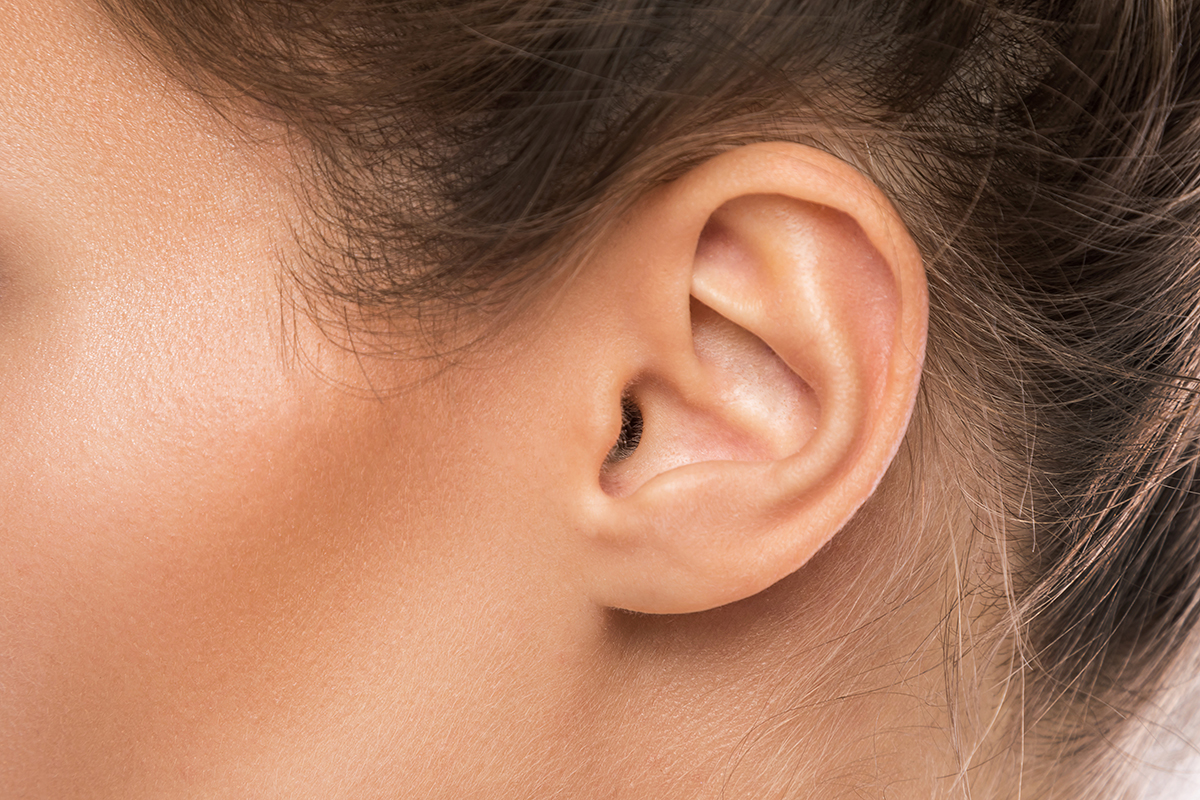Can’t Escape the Ringing in Your Ears?

Ringing in the ears (also called tinnitus) can be irritating and annoying when the “sound” comes and goes. When the “noise” is loud and doesn’t stop, however, it can be very hard to live with.
Surprisingly, for a “sound” that isn’t actually there, ringing in the ears doesn’t sound the same for everyone. Some people “hear” a high-pitched squeal, some “hear” roaring and others “hear” hissing or even clicking.
The most common cause of ringing in the ears is long time exposure to loud noises. This is especially common for people who work in loud environments. The cliche, of course, is rock musicians. You don’t have to be a rock star, however, to be exposed to loud noises.
Construction workers, railway workers, factory workers, commercial aircraft crews and farmers are all at risk for ringing in the ears.
While a history of loud noises can’t be fixed, this is not the only cause of ringing in the ears. Some causes, such as ear infections, impacted ear wax or medication side effects can be easily treated. Other causes are more complex. These include damage to the inner ear, neurological diseases, blood vessel disorders and problems with the jaw-bone joint.
It isn’t always possible to cure ringing in the ears. The best “treatment” is prevention. It’s important to avoid loud noises or wear ear protection in loud environments.
If ringing in your ears is affecting your quality of life, the first step towards finding a solution is making an appointment with our Ear Nose and Throat (ENT) Specialist. When diagnosing tinnitus, your ENT will conduct a physical exam. You may need to describe the sounds that you hear since different types of sounds can indicate different underlying causes. Tests that may be ordered include imaging tests, a hearing exam or a movement test.
